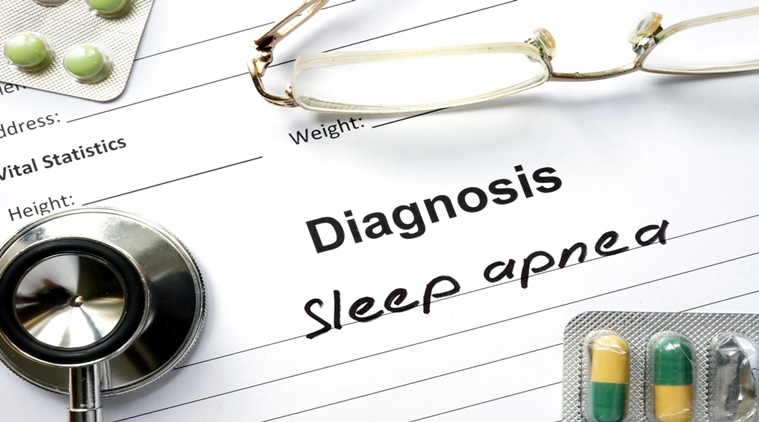WASHINGTON : An implanted device can significantly improve symptoms in people with central sleep apnea – a condition in which the brain fails to control breathing during sleep, a new study has found.
“Central sleep apnea (CSA) is a serious concern because it affects about a third of people with heart failure and it is known to make the condition worse,” said William Abraham, from the Ohio State University Wexner Medical Centre.
“Currently, we don’t have good treatments available. Positive airway pressure devices have been used, but many patients don’t tolerate them well and a recent study showed them to be harmful,” said Abraham.
The researchers tested the safety and effectiveness of a transvenous phrenic nerve stimulator in 31 hospitals in the US, Germany and Poland.
Much like a pacemaker, it sends a regular signal telling the diaphragm to breathe during sleep.
In the study, 151 patients were implanted with the device. During the first six months of evaluation, 68 devices were activated for treatment, while 73 were left inactive as the control group.
Between six and 12 months of follow-up, all patients received the neurostimulation treatment.
At the six month evaluation, the device reduced CSA events per hour by half or more for 35 of the 68 members (51 per cent) of the treatment group.
Only eight (11 per cent) of those in the control group achieved the same reduction. Other important sleep measures, such as the amount of time spent with a low blood oxygen level, were also significantly improved.
About a third of patients in the treatment group reported therapy-related discomfort that was resolved with some reprogramming of the device.
“Not only did we see this reduction in events per hour, the patients also rated themselves better on the Epworth Sleepiness Scale (meaning they were less sleepy during the day) and on a global assessment of their overall quality of life,” Abraham said.
“This tells us the effects of neurostimulation are clinically relevant and this could be a promising therapy for those with central sleep apnea,” he said.
The study was published in The Lancet journal. (AGENCIES)
Trending Now
E-Paper


